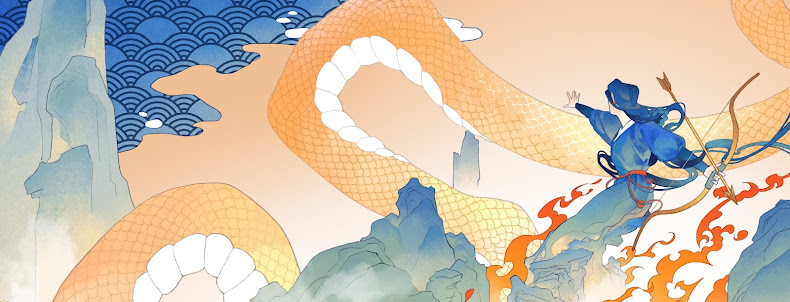This novel won the 2012 Man Asian Literary Prize.
As
Oscar Wilde once said, there’s nothing sane about the worship of beauty. For
me, the saying certainly rings true for this ethereally beautiful novel. My
passion may be irrational and even skewed, given that I am an ethnic Chinese with
a penchant for oriental art, including Japanese gardens, but that doesn’t
make it any less of a passion.
In
this poetic drama, two seemingly unrelated elements – brutal sufferings in war
and the Japanese ancient art of gardening and tattooing – are masterfully
juxtaposed and coalesced into a seamless narrative with themes of hatred, loss,
redemption, friendship, love and war-born stigmas. Set in the misty and
unfathomable depths of the Cameron Highlands during and after World War II, the
novel explores the philosophical blending of polar extremes in life, like in
the Taoist symbol of Yin and Yang, while galloping along twists and
turns of the storyline. This blending is vividly present throughout the novel. Deep
hatred is eventually turned into undying love; tranquil calmness exists alongside the terror of war cruelty; the mind oscillates between
memory and oblivion; physical pain becomes an addictive pleasure; real garden scenery
is designed to create an illusion for the viewer.
Having
visited many temple and private gardens while on a visit to Kyoto in the
mid-80s (I was lucky to have been invited to visit the Nomura Villa there,
which was breath-taking), I’ve always been bewitched with how the Japanese garden
design can evoke a soulful mood in viewers. Now that I’ve read this novel, I
understand a little more about the concept behind the design.
The
plotline glides along in velvety prose, often stoking picturesque imagination
in the reader. This is a passage that I particularly like:-
“Think of the seasons as pieces of the
finest, most translucent silk of different colors. Individually, they are
beautiful, but lay one on top of another, even if just along their edges, and
something special is created. That narrow strip of time when the start of one
season overlaps the end of another is like that.”
In
the back matter under “Author’s Commentary”, the author likens the art of
Japanese gardening to that of creative writing. He thinks that both arts
require artifice and lies, and that for a novel, or a garden, to succeed, the
lie has to convince, to beguile. I must say that the novel has deluded and
charmed me.

No comments:
Post a Comment